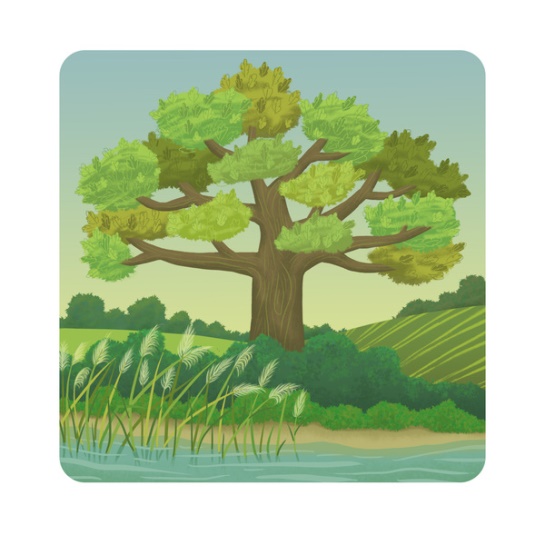Resilience involves the ability to bounce back after facing adversity and challenges. It is about how you adapt to changing circumstances. Resilience requires grit, perseverance and determination. It is not about being tough, ignoring the effects of dealing with challenging situations or absorbing trauma. It must not be to the detriment of a person’s health and wellbeing.
Have you ever heard of Aesop’s Fable about the oak tree and the reed?
There once was an oak tree and the reed which were both growing by the same river. The oak tree tall, boastful and proud asked the modest reed why it didn’t plant its roots deep into the ground and stay anchored and safe. The reed replied that it felt stronger and safer as it was.
Shortly after, a hurricane arrived and the oak tree was uprooted to lie like a useless log on the ground. The reed having bent and blown with the storm then returned to its safe and upright position.
Resilience involves positive and healthy behaviours. It is a skill and takes practice. A person can use this skill ahead of time to prepare for stressors such as ambiguity or illness. Positive emotions can build resources and allow us to calm down and deal with anxiety. Practising an attitude of gratitude increases wellbeing and helps us to maintain social relationships. Person to person interaction builds a resilient network/community which can support a person when they are feeling less resilient and not at their best.
Practising gratitude rewires the brain to shift the focus away from negative events towards positive ones. Being grateful activates the hypothalamus which is the area of the brain associated with energy maintenance and stress control. Practising gratitude also makes the mind more sensitive to the effects of dopamine and serotonin. These feel-good neurotransmitters reduce susceptibility to anxiety and help a person find the motivation to push through difficult times. Gratitude allows a person to shift from the negative experience to a positive outcome. Practising gratitude reminds us how resilient we are and gives us self-confidence to persist.
How do you practise resilience? What can do you do to increase your resilience?
Jolene King is Principal Consultant of 246 King Consulting (https://246king.com). She is a trained Occupational Psychologist, experienced Human Resources professional, is a qualified Mental Health First Aider and is trained in mental health conditions and exercise, health and nutrition. She can be reached at jking@246king.com.


